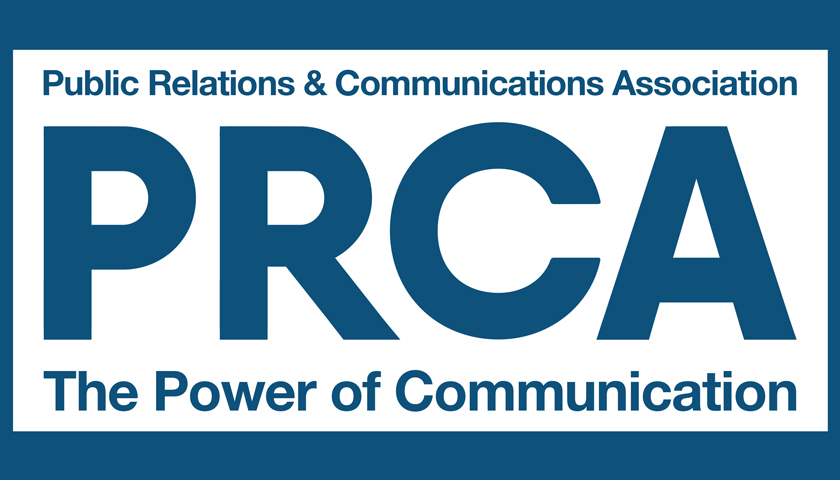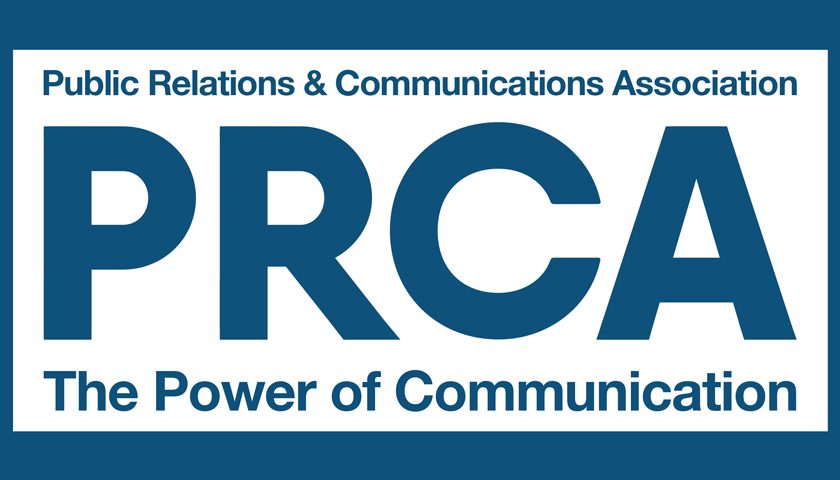The Chartered Institute of Public Relations (CIPR) and the PRCA has welcomed a new report recommending significant changes to the rules on All Party Parliamentary Groups (APPGs).
‘All-Party Parliamentary Groups: final proposals’ is the eighth report on the subject from the Committee on Standards and makes a series of recommendations including that no APPG secretariat should be funded by a foreign government. As part of their inquiry, the Committee took oral evidence from the CIPR. Earlier this year the CIPR wrote to the speakers of both Houses about the value of APPGs but raised concerns regarding inconsistencies between how they operate and warned that they provide an unethical route for lobbying purposes or are being run for commercial gain.
The proposals in the report include:
- No secretariat should be funded by a foreign government
- Agendas must be set by MPs and Peers
- No MP should be an officer of 6 or more groups
- Officers must be responsible for the group
- Each group must have at least 20 members
- Tighter rules including published annual reports and extended oversight of significant donations
These new rules are wholly sensible and allow for APPGs to do what they do best – bringing together expert voices and Parliamentarians to raise the profile of policy matters – while providing a necessary level of scrutiny to ensure they are not misused as vehicles for unethical practices. The CIPR would welcome the government acting on these recommendations, without delay.
It is clear that over time the way APPGs have been run has evolved to the point where there are some significant inconsistencies between who runs them and how they are run. These proposed rules put the overall responsibility on MPs, as it should be. The recent focus on APPGs as well as ongoing concerns about the transparency of lobbying activity should provide enough incentive to Parliamentarians to ensure they understand the risks of not acting to clear up the rules.
Alastair McCapra, CIPR Chief Executive
Liam Herbert, Chair of the PRCA Public Affairs Board, said:
‘The PRCA welcomes the recommendations of the Standards Committee on APPGs and believe that its proposals are proportionate and aid transparency. The proposals should raise standards on visibility and accountability, but these standards are easily attainable by active, transparent groups.
‘When operating as intended APPGs play an important role in our democracy providing Parliamentarians with a focus for expert views on all aspects of public policy. As such it’s essential that there is trust and confidence in their work, and visibility of the people involved with them from outside Parliament. PRCA members who have links with APPGs are required every quarter to disclose full details of their work for APPGs on the PRCA Public Affairs Register. All our members abide by The Public Affairs Code and PRCA Professional Charter which set out a rigorous self-regulation mechanism that should give confidence to the public. We provided oral and written evidence to the Committee and feel that they have listened to our views in relation to the ethical and transparent operation of APPGs.’

